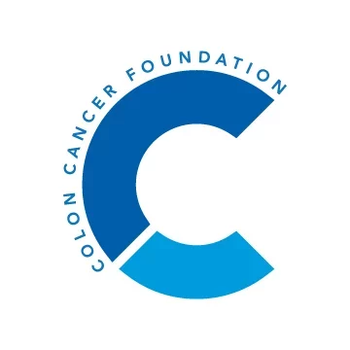
Brian Dooreck, MD, of the Gastrointestinal Diagnostic Centers, Pembroke Pines, Florida, spoke with the Colon Cancer Foundation about their newly launched Colorectal Cancer Provider Outreach Program (CRC POP)—it’s evolution and mission.

Brian Dooreck, MD, of the Gastrointestinal Diagnostic Centers, Pembroke Pines, Florida, spoke with the Colon Cancer Foundation about their newly launched Colorectal Cancer Provider Outreach Program (CRC POP)—it’s evolution and mission.

In the face of the COVID-19 pandemic, cancer surgeons worldwide have devised models to aid with the prioritization of canceled (backlog) elective and upcoming cancer surgeries.
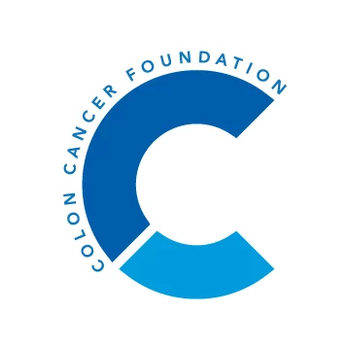
Several studies have identified an increased risk of colorectal cancer (CRC) among those suffering from a chronic condition such as Crohn’s disease, diabetes, or obesity. Interestingly, this association is particularly evident among millennials, meaning those who were in the 22-37 age group between 2014 and 2018.

Aside from the physical challenges associated with colorectal cancer, managing the many health administrative aspects of a chronic disease is an added burden to the lives of patients and their caregivers.

A shared decision-making tool is an approach that allows the clinician to collaborate with the patient in reaching evidence-informed decision making.
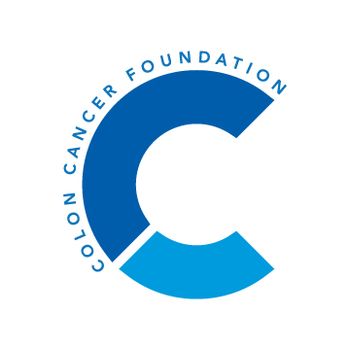
The anticipated draft recommendation from the U.S. Preventive Task Force Services (USPSTF) is here…and it brought forth great news for the colorectal cancer (CRC) community. This independent panel of experts has proposed lowering CRC screening age for average-risk adults from 50 to 45 years.

As the nation moves towards a new era of inclusivity and diversity, the American Society of Clinical Oncology (ASCO)’s fourth annual survey sheds light on racial inequality and other issues that influence cancer screening and health care access amidst the COVID-19 pandemic.

Numerous challenges present themselves when a patient chooses to get screened for colorectal cancer, but we know very little about why patients may opt-out of getting screened.

Colon cancer and rectal cancer are diseases that younger generations need to take seriously.
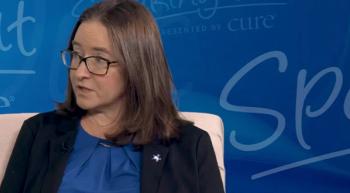
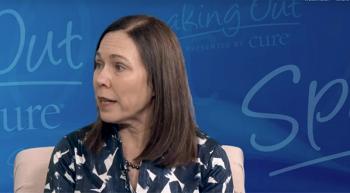
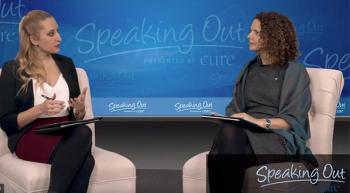
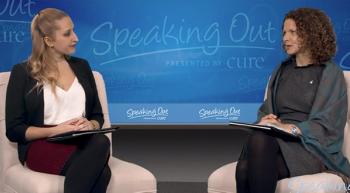

In this episode of the “CURE Talks Cancer” podcast, we spoke with Dr. Zsofia Stadler, on behalf of the Colon Cancer Foundation, about the rising incidence of early-age onset colorectal cancer.

Lack of awareness and knowledge of early-onset colorectal cancer is a problem, but early messaging can help combat the issue.

Surveillance guidelines for hereditary colorectal cancer may be more effective in preventing the disease compared with those intended for individuals with a family history.

It was the drop heard 'round the colorectal cancer world.

The National Colorectal Cancer Roundtable has created a special toolkit to help physicians successfully determine and evaluate family history to detect colorectal cancer at an earlier age.

“Young people, in general, think they are invincible. I certainly did.” Said Stacy Hurt, an early-age onset rectal cancer survivor.
